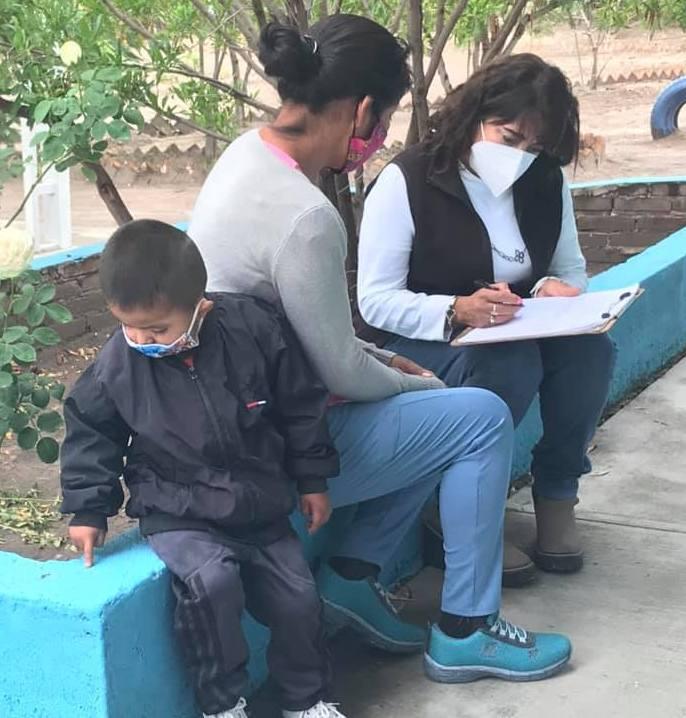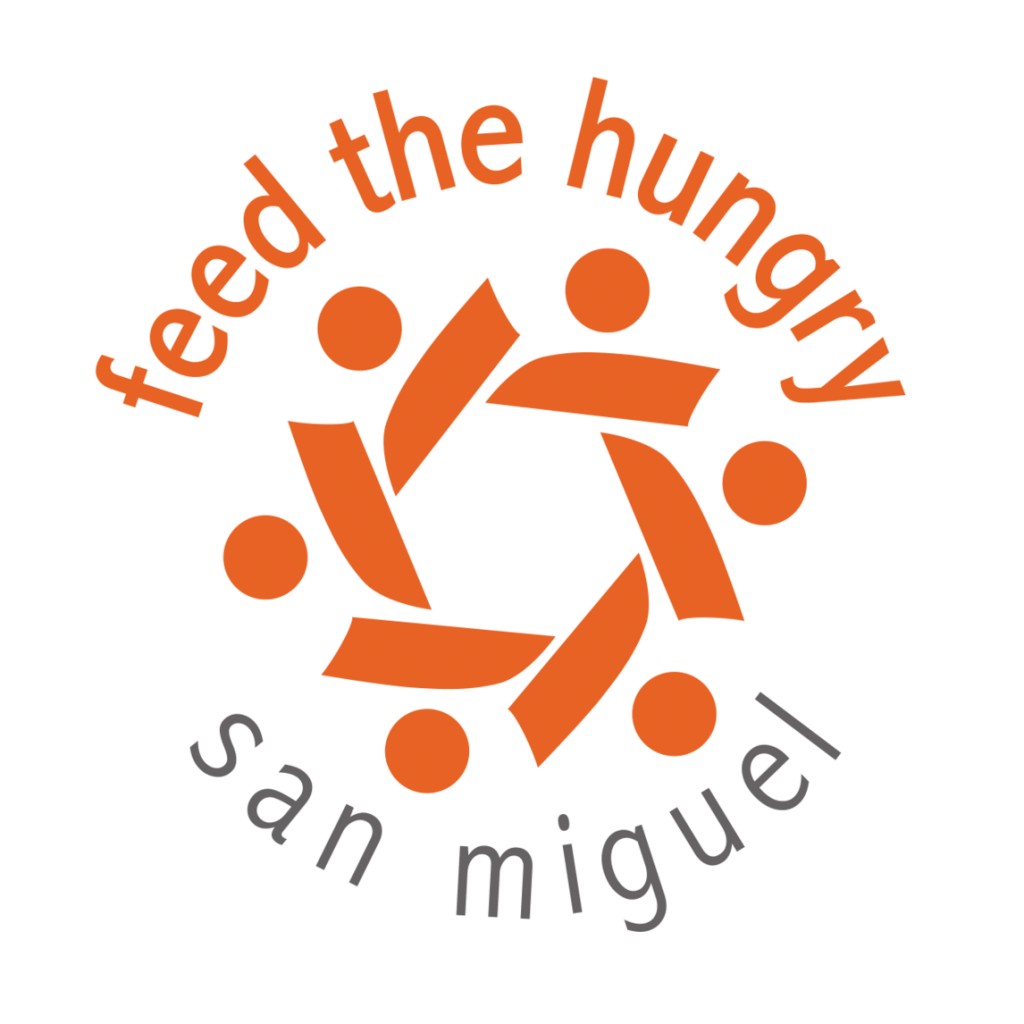As Feed the Hungry’s scope expanded to address the dire circumstances affecting our community during the COVID-19 pandemic, we became even more familiar with the hardships many of our rural citizens face every day.
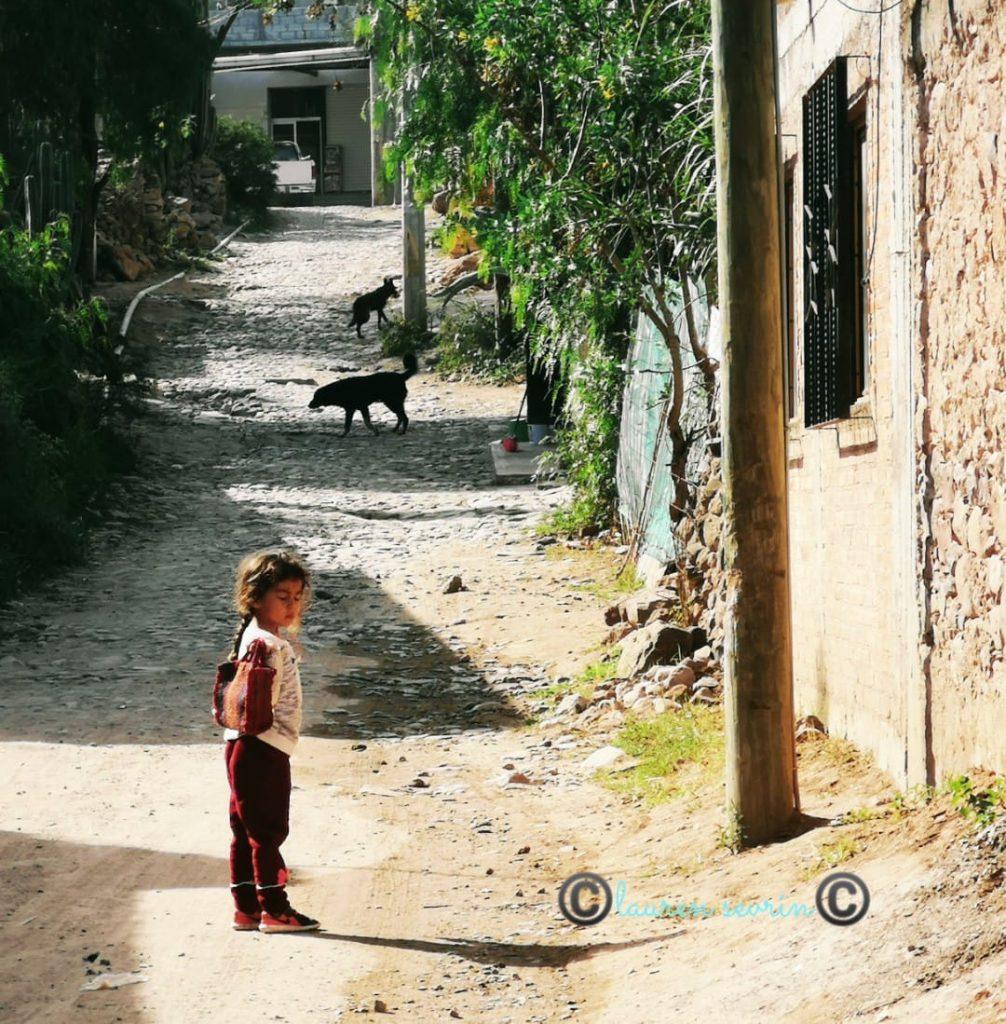
In 2015, 44.3% of the greater San Miguel de Allende population was in a situation of moderate poverty, and 4.26% in extreme poverty. The vulnerable population due to social deprivation reached 39.9%, while the vulnerable population by income was 3.62%. And that was before the economic losses triggered by the pandemic.
Even in some of the communities where we provide school meals, additional nutritional support for the rest of the family is sorely needed. In response, we developed the Extended Alimentation program to help provide food and education for specific families who present cases of severe malnutrition.
The program launched in February 2022. Using our Health Score system and data from health assessments, we identify communities where we operate school kitchens, yet there are a high number of moderate to severely underweight school children. Socioeconomic studies of their families were conducted, and the families that agreed to participate are now receiving twice-monthly supplies of fresh food as well as high protein dry goods. They also benefit from workshops and counseling provided by our nutritionists.
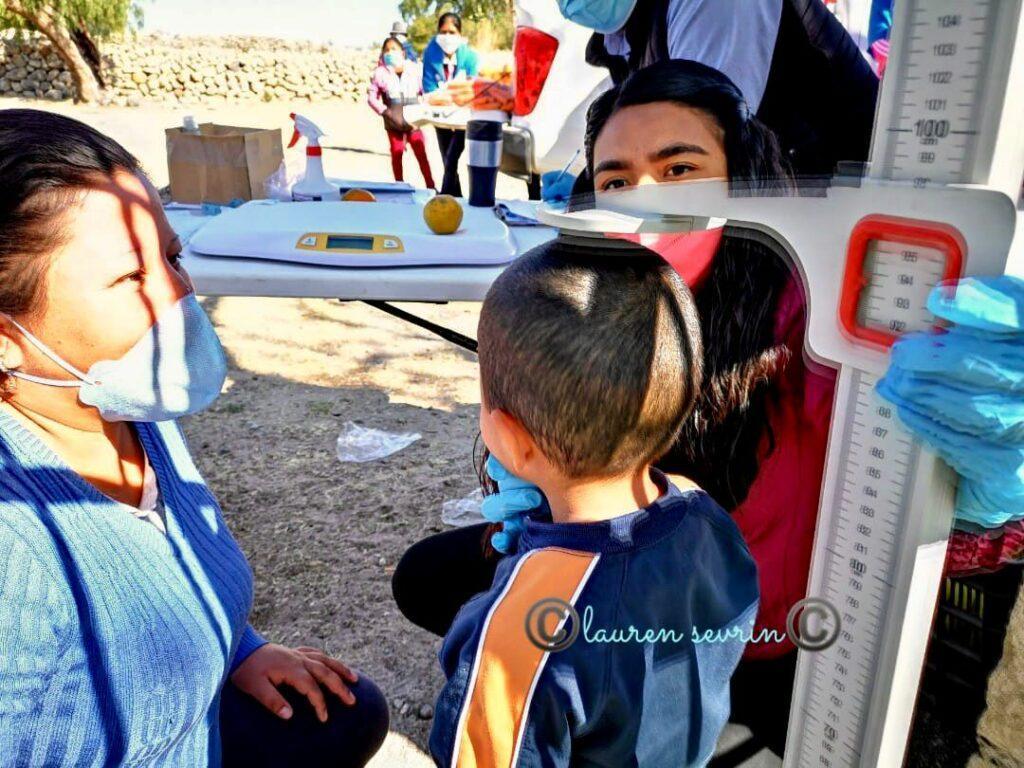
The program is currently active in the communities of San José de Allende, Plan Juarez, Don Francisco, and Peña Blanca.
The program is currently active in the communities of San José de Allende, Plan Juarez, Don Francisco, and Peña Blanca.
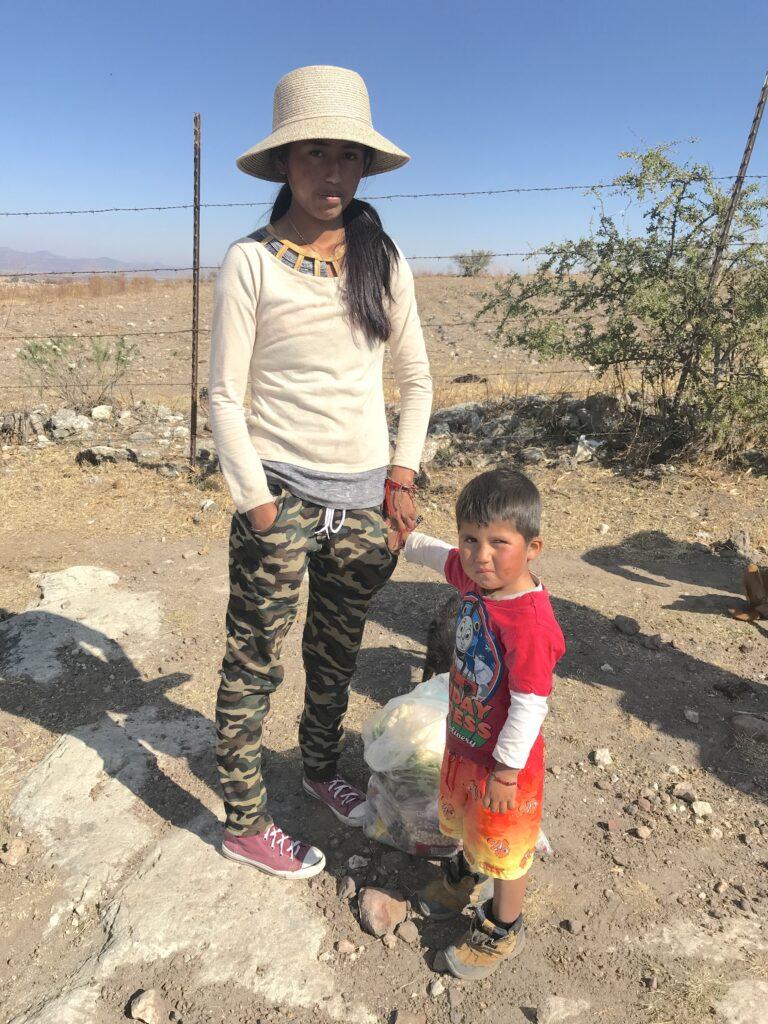
Outreach Beyond School Kitchen Communities
We also include in the program some communities where we don’t already operate a school kitchen, but the need is great. They are selected based on reports from the government on conditions in the 500+ San Miguel de Allende communities. We begin by establishing relationships with the community leaders (delgados). Then we measure the children at their schools, and extrapolate the data to determine which families to invite to participate in the program. The program is now active in the rural communities of Los Toriles, La Angostura, and San Isidro de la Cañada de la Virgen.
Our nutritionists work closely with the families in the program by providing bags of fresh, healthy food once or twice every month and offering classes tailored to their circumstances. Every six months, we evaluate the results of the Extended Alimentation program to determine its effect and decide if more families will be invited to participate.
